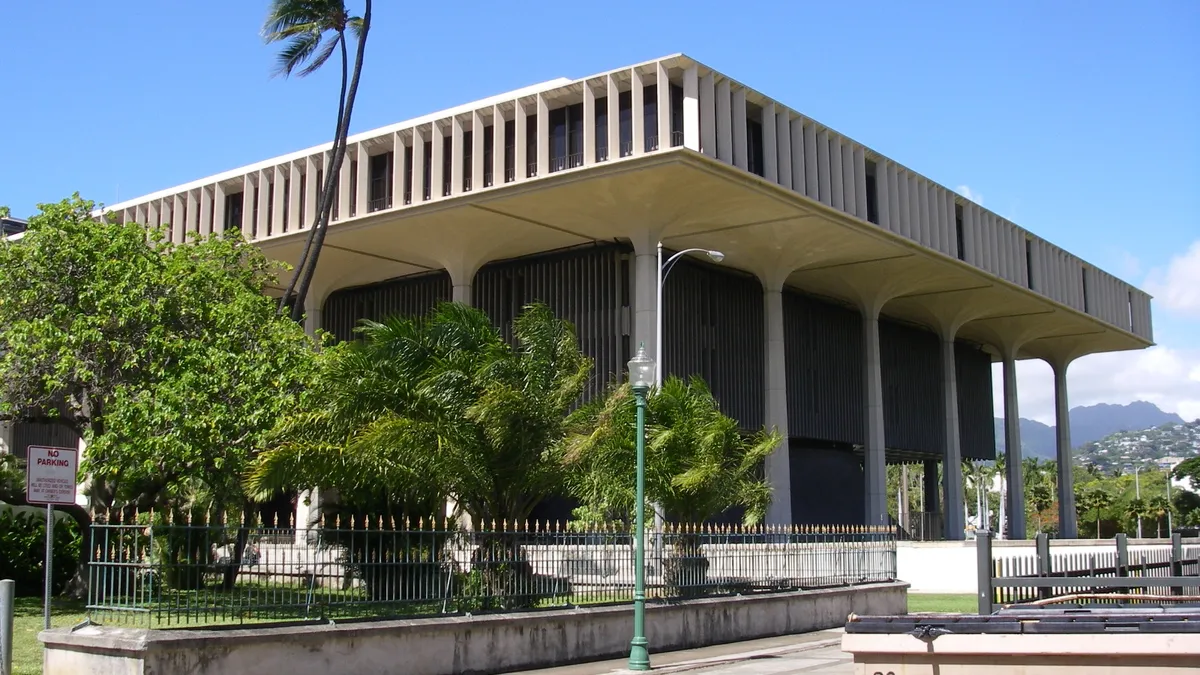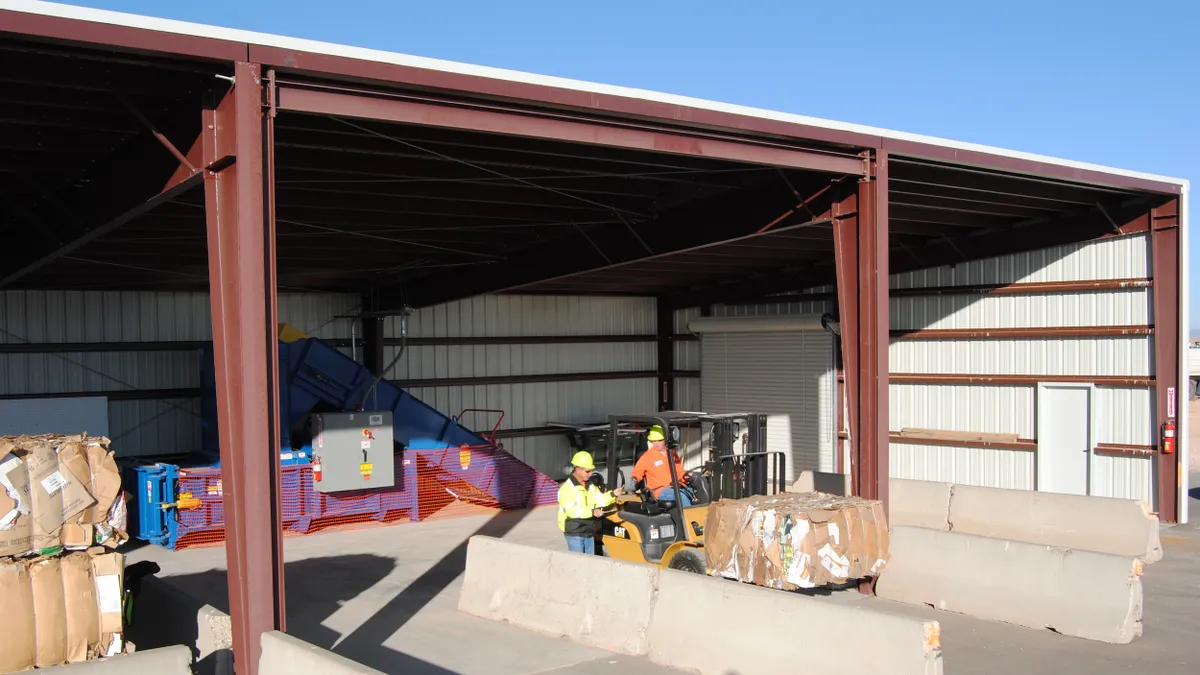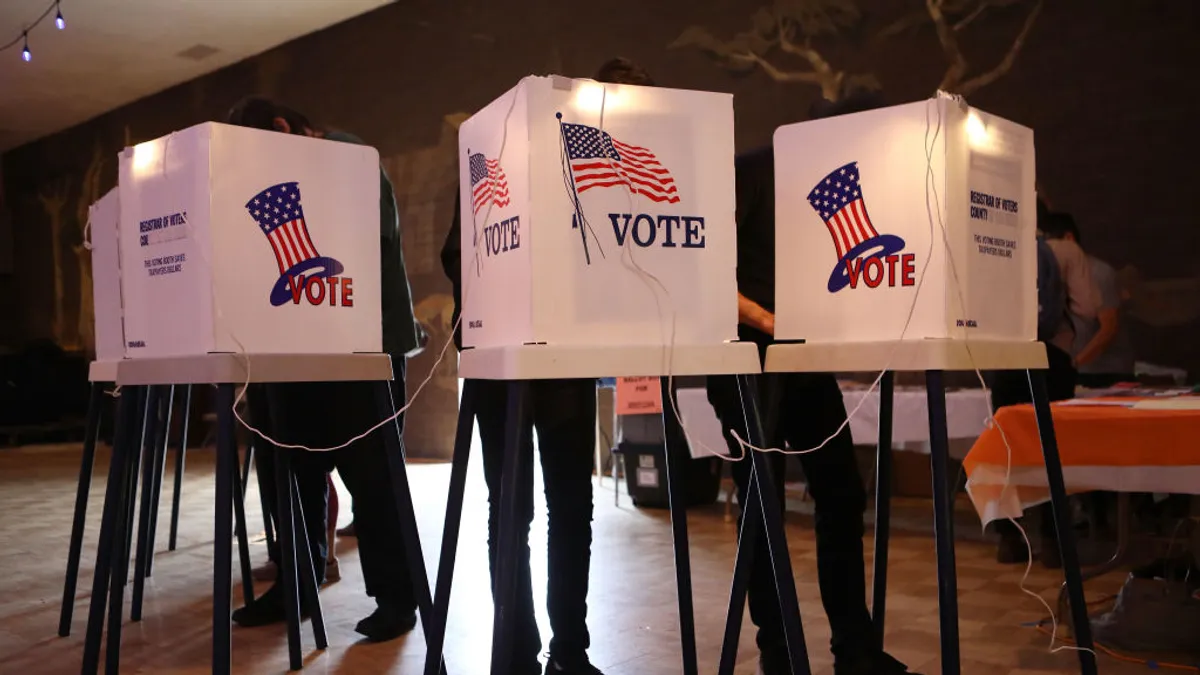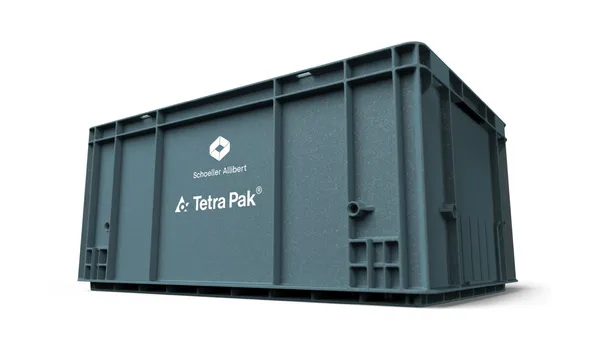Dive Brief:
- A bill moving through the Hawaii State Legislature (SB3099/HB2726) seeks to establish a fund for plastics recycling in the state, set a goal to reach an 85% redemption rate by July 2023, require annually-reported redemption rates for the deposit beverage container program and appropriate funds to establish two full-time staff positions for the glass advance disposal fee program.
- At one point, the Hawaii Senate version of the bill included a provision that would double the deposit on beverage containers from 5 cents to 10 cents if the redemption rate remained below 80% for two consecutive years. The latest version of the bill, and the one that was shared with the Hawaii House of Representatives, does not have that provision.
- In written testimony, environmental groups like the Sierra Club of Hawaii supported raising the deposit fee. Industry groups, including the International Bottled Water Association, the American Beverage Association and the Chamber of Commerce Hawaii, opposed the deposit fee increase, saying it could hurt manufacturing and cost consumers millions of dollars.
Dive Insight:
While it's unclear why the deposit increase was removed from the legislation, it's reasonable to assume that Hawaii lawmakers were swayed by arguments that the increase would lead to higher consumer costs and could put beverage industry jobs at risk. Arguments against the deposit increase also noted that, unlike a successful deposit increase in Oregon, the Hawaii bill did not mandate additional infrastructure, like deposit centers, to support the program.
The lack of a deposit increase does not mean the bill is without merit, however. A state-based grant program to find uses for plastic scrap commodity within the state could boost recycling rates and reduce the amount of waste going to landfills or a waste-to-energy facility. Allocating money for two full-time employees in a glass-specific recycling program will help the state continue to operate collection programs — which could be especially useful, as glass has proven to be a difficult commodity in other, less-isolated regions of the country.
Because of its isolation, Hawaii is largely dependent on exporting material. For years, a large portion of its recycled scrap was sent to China; changing markets have caused some in Hawaii to begin shipping material to Malaysia and Vietnam. Some localities in the state have begun to restrict what recyclables they collect, citing market difficulties.
As written, the bill would also establish reporting guidelines for the deposit program, requiring the department that oversees the program to report to the legislature. These new requirements would help Hawaii evaluate the success of its program and could go a long way to helping other states considering starting or expanding similar programs. It would also be a small step in closing the nationwide deficit of recycling data.













